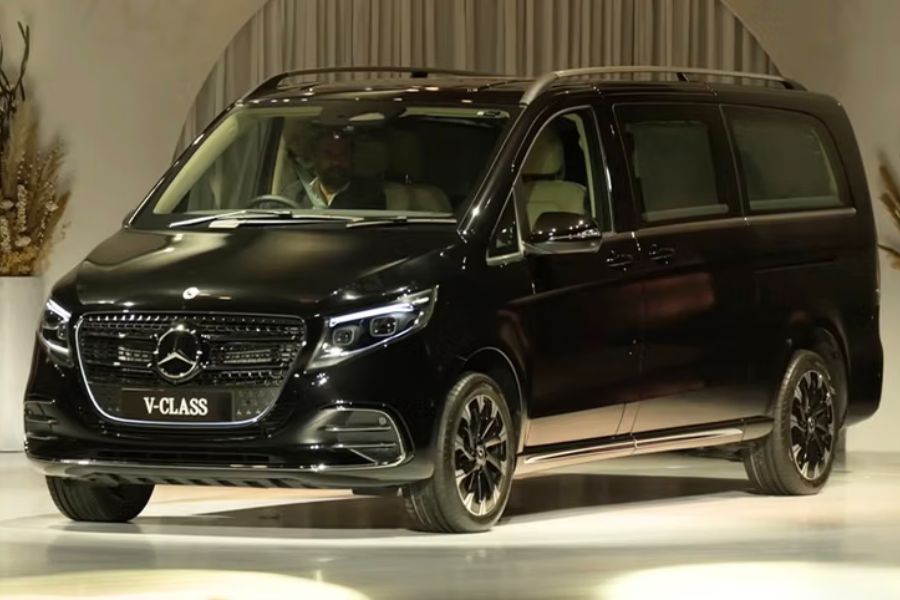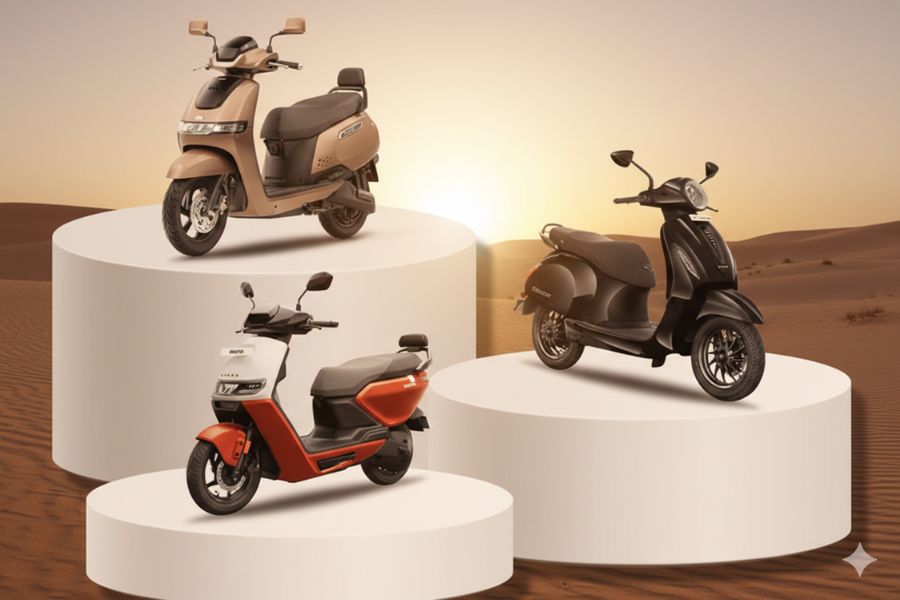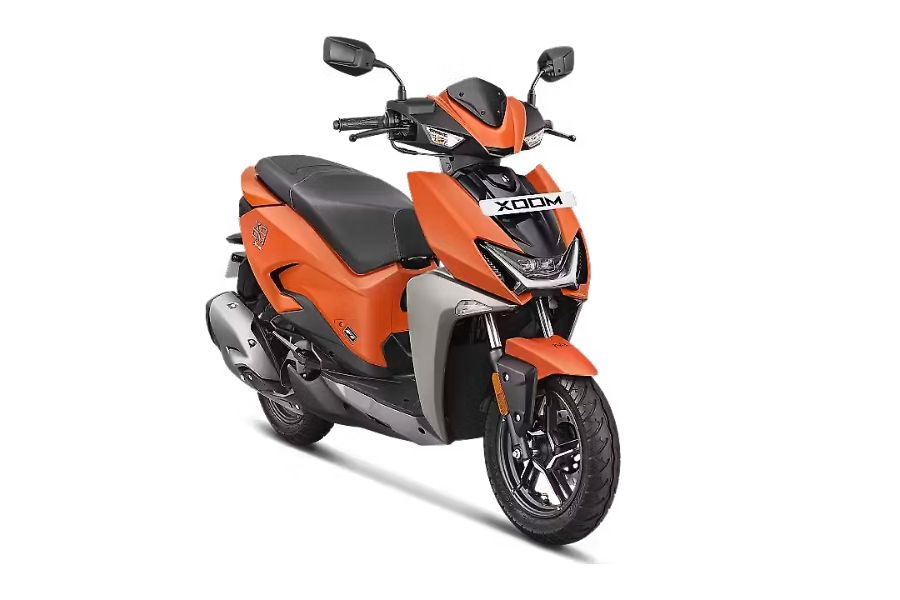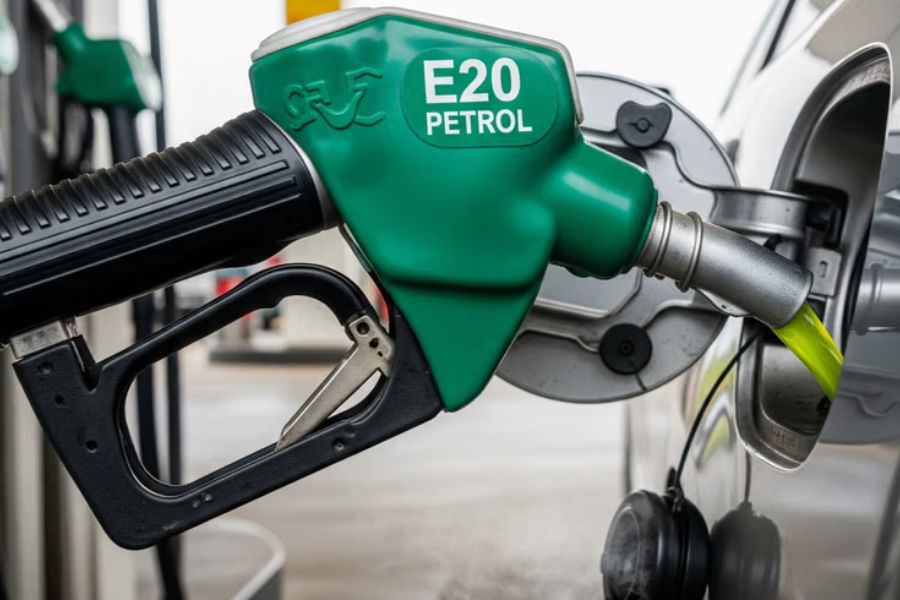The Supreme Court of India has dismissed a public interest litigation (PIL) challenging the central government’s rollout of E20 petrol—fuel blended with 20 percent ethanol. The bench comprising Chief Justice BR Gavai and Justice K Vinod Chandran upheld the government’s ambitious ethanol-blending programme, a move that has stirred debate over vehicle compatibility, consumer choice, and fuel efficiency.
What the PIL Contended
The petitioner, represented by senior advocate Shadan Farasat, clarified that they were not against ethanol blending but sought:
-
An option of pure petrol (E0) for vehicles manufactured before 2023, many of which are not fully E20-compliant.
-
Mandatory fuel labelling at petrol stations, indicating ethanol content.
-
Nationwide studies to assess E20’s impact on older vehicles.
-
Consumer awareness campaigns about potential mileage drops.
The PIL flagged reports suggesting up to a 6% drop in fuel efficiency when using E20 fuel. It also pointed to NITI Aayog’s concerns about the lack of availability of E10 or E0 petrol alongside E20, noting that countries like the US and EU provide ethanol-free petrol options with clear labelling.
Government’s Stand on E20 Fuel
Attorney General R Venkataramani defended the rollout, stating, “Will people outside the country dictate what kind of fuel India should use?” He argued that the ethanol programme supports:
-
Farmers, particularly sugarcane growers, by creating a sustainable demand for ethanol.
-
India’s energy security, reducing dependency on costly crude imports.
-
Cleaner energy adoption, since ethanol burns cleaner than conventional petrol.
The government also contended that consumers cannot dictate fuel composition, highlighting broader national benefits over individual mileage concerns.
India’s Rapid Ethanol Transition
India’s ethanol blending journey has accelerated in recent years:
-
2003 – E5 (5% ethanol blend) introduced.
-
2022 – Shift to E10 across the country.
-
2025 (Target) – Nationwide adoption of E20 petrol, five years ahead of the original 2030 deadline.
In the 2022-23 ethanol supply year alone, India reportedly saved over Rs 24,300 crore in foreign exchange, reducing part of its massive $130 billion oil import bill.
Impact on Consumers and Automakers
While the ruling endorses the gradual phase-out of ethanol-free petrol, automakers are already preparing solutions. Maruti Suzuki is expected to introduce E20 material upgrade kits for older vehicles—covering models up to 10–15 years old. These kits are likely to cost between Rs 4,000 and Rs 6,000, depending on the vehicle.
Industry experts, including oil companies, auto component makers, and the testing agency ARAI, have previously assured customers that warranties, performance, and long-term reliability will be safeguarded as India transitions to E20 fuel.
Key Takeaways
-
Supreme Court has cleared the rollout of E20 fuel.
-
No parallel option for pure petrol or E10 is expected.
-
Mileage drop of around 6% has been reported on E20.
-
Farmers and energy security cited as major beneficiaries.
-
Carmakers preparing retrofit kits for older, non-compliant vehicles.
The ruling cements India’s aggressive push toward ethanol-based fuels, marking a crucial step in reducing oil dependency while raising new challenges for vehicle owners and the auto industry.
Read More:




